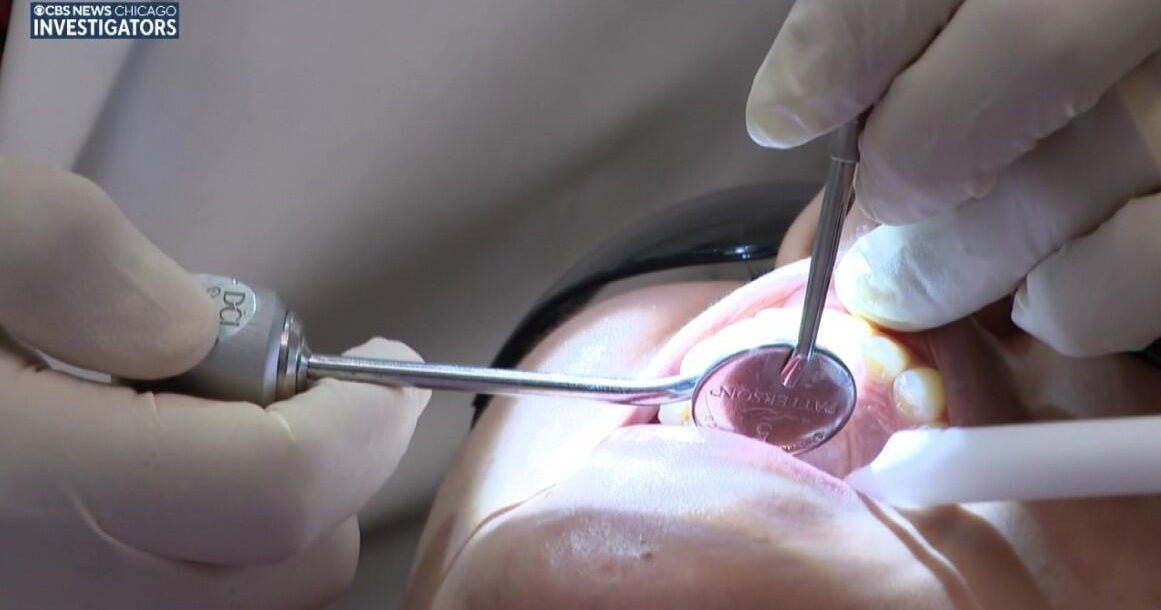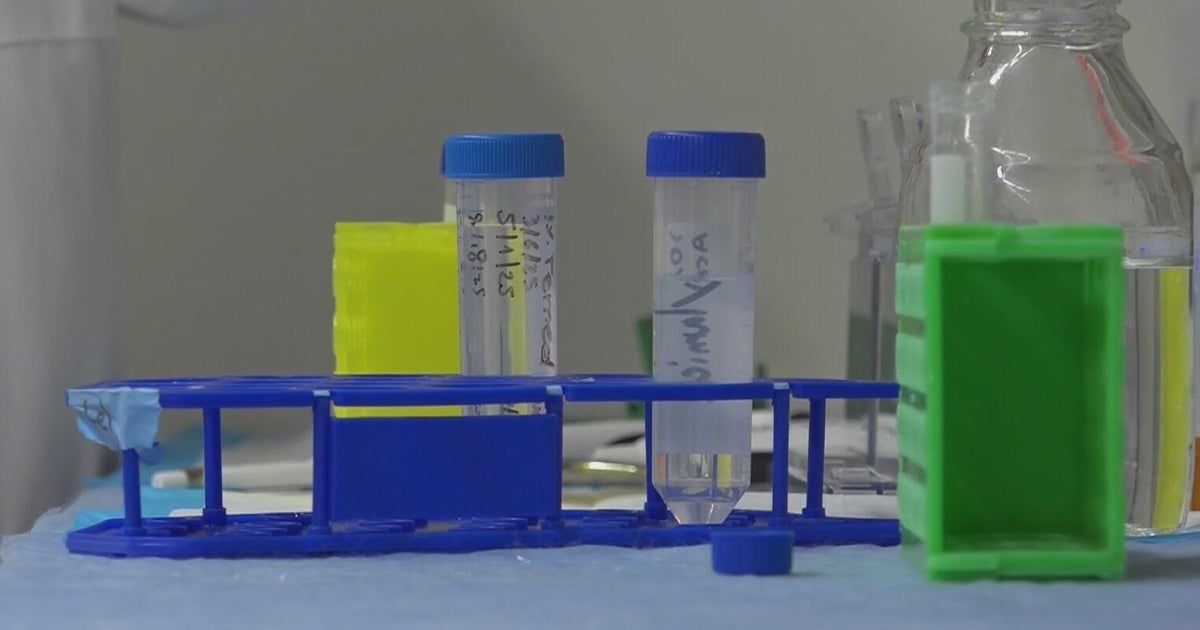Recognizing, treating prediabetes in children
PITTSBURGH (KDKA) -- A new study shows that one in five children are prediabetic and that trend is alarming for many parents.
While prediabetes is very treatable, if it's left untreated, it's a road to serious problems.
There's no dancing around what could happen down the road.
"You could have things like kidney disease, peripheral neuropathy, or heart disease," said Dr. Joseph Aracri, AHN's Chair of Pediatrics.
Dr. Aracri says 20% of children being prediabetic is concerning and a prediabetes diagnosis is not something you should ignore.
"It's kind of like a shot, a warning shot for parents. You know, in this state, this is curable, but you need to get on it," Dr. Aracri said.
Weight gain is a red flag parents should be on the lookout for.
"As the child gains weight, the body tries to pump out insulin to control the blood sugar that's coming in, to the point where eventually the body just gets tired of responding to the insulin," Dr. Aracri said.
In the early stage, prediabetes can be treated with diet, but left unchecked, it becomes diabetes and medications may be necessary.
Being proactive is a key, according to Dr. Aracri.
"You want to detach the behavior of eating from what they are doing," Dr. Aracri said.
This includes making sure that whenever the children are eating, that's the only thing they're doing, making sure eating doesn't crossover with TV, games, or phones.
"The second thing is don't drink your calories, you know, drink water," Dr. Aracri said.
This includes no sugary or fatty drinks.
"The third thing is move, be active, do something. I don't care what kind of exercise you like to do, but do something for at least 45 minutes a day," Dr. Aracri said.
The type of movement that is recommended is one that brings you right to to the point of being slightly breathless, but able to have a 'breathless' conversation.
Dr. Aracri blames in part, the sedentary lifestyle of the pandemic, but also pins blame on the eating of heavily processed, high sugar, and high carbohydrate foods.
Parents are advised to start paying attention to these things starting when the children are 15 months old.







